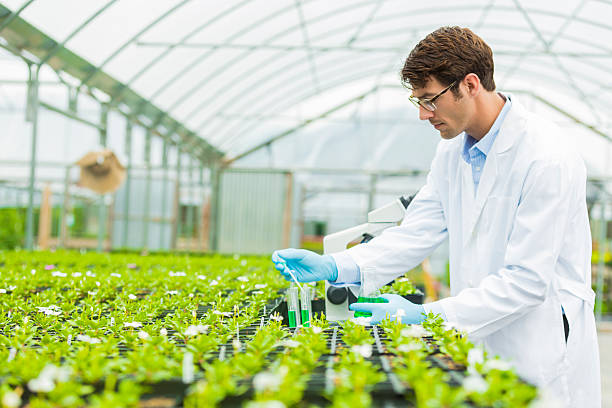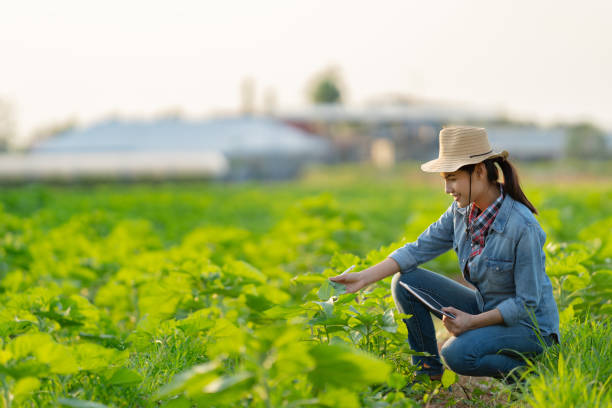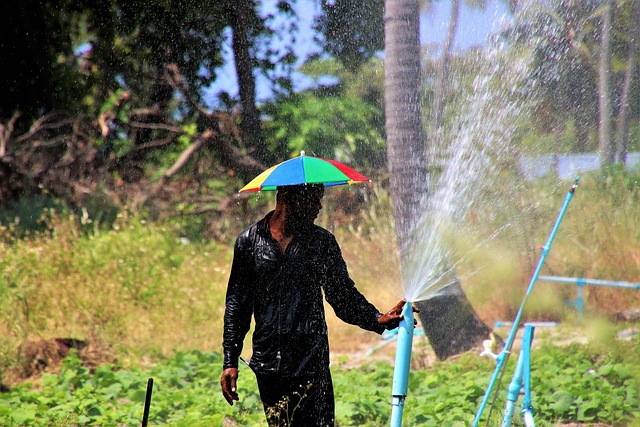Agricultural Policy Monitoring and Evaluation in Maldives – Why It’s Important
Agricultural policy monitoring and evaluation is an essential process for any nation. In the Maldives, the agricultural sector contributes significantly to the economy and is a major source of livelihood for many Maldivians. As such, it is important to ensure that agricultural policies are regularly monitored and evaluated to ensure that they are having the intended effect. This blog post will explore why monitoring and evaluation of agricultural policies in the Maldives are important and what strategies can be used to ensure that policies are effective and sustainable.
Maldives is an island nation
Located in the Indian Ocean, the Maldives is an archipelago nation made up of 1,192 coral islands and is home to over 400,000 people. This island nation is renowned for its beautiful beaches and pristine coral reefs that attract tourists from around the world. The economy of Maldives is largely dependent on tourism, with fishing and agricultural activities being secondary sources of income for the local population.
The country’s geographic location in a volatile part of the Indian Ocean makes it especially vulnerable to climate change and other environmental impacts. To ensure a sustainable future, the government of Maldives has committed to implementing various initiatives and policies to protect its people and the environment.
The majority of the population are farmers
In the Maldives, the majority of the population is farmers. Agriculture is the main source of livelihood for many families and plays an important role in the local economy. According to the National Bureau of Statistics, about 63% of the total population is engaged in agriculture-related activities. The farming sector employs over 35,000 people and contributes around 8% of the country’s GDP. As such, the government has committed itself to protecting and promoting sustainable agriculture practices to ensure that agricultural activities remain profitable and socially beneficial.

The government is committed to sustainable development
The Government of Maldives is dedicated to sustainable development and works hard to ensure that its agricultural policies support the needs of its population. To this end, it has implemented a range of measures and initiatives to improve the livelihoods of its farmers and create a more stable and prosperous agricultural sector. These include initiatives such as providing training and assistance in sustainable agricultural practices, investing in infrastructure, and establishing an appropriate regulatory environment for farmers.
The government is also committed to promoting environmental sustainability through conservation and efficient use of natural resources. These efforts are designed to ensure the long-term sustainability of the country’s agricultural sector. However, these initiatives need to be evaluated regularly to determine their effectiveness and identify areas where further improvements can be made. That is why regular monitoring and evaluation of agricultural policy are so important in Maldives.

Agricultural policy monitoring and evaluation are essential to ensure effective policies
Agricultural policies have a significant impact on the livelihoods of many people in the Maldives. For this reason, they must be monitored and evaluated regularly to ensure they remain relevant and effective. Monitoring and evaluation activities allow the government to review progress, identify any potential issues, and adjust policies accordingly.
By implementing an effective monitoring and evaluation system, the government can ensure that its agricultural policies are effective and up-to-date. This will enable the country to achieve its goals of sustainable development and provide its citizens with a secure and prosperous future.
Additionally, by assessing agricultural policy outcomes, the government will be able to determine how successful its initiatives are and if modifications are needed. Furthermore, policy evaluation provides an opportunity for local communities to voice their opinions and concerns about agricultural policy implementation. Such feedback can help shape future policies so they better reflect their needs and interests.
The process of agricultural policy monitoring and evaluation
Agricultural policy monitoring and evaluation is a vital part of any nation’s development plans. This involves a continuous process of collecting, analyzing, and evaluating data related to the agricultural sector to assess the effectiveness of policies and make necessary adjustments. The process can include the review of existing policy frameworks and the development of new policies, as well as the assessment of their impact. It also includes the examination of indicators such as crop yields, food availability, water resources, soil fertility, animal husbandry, and other factors that affect agricultural production and development.
Through this process, governments can evaluate the performance of agricultural policies, identify areas for improvement, and adjust policies to ensure their effectiveness. Additionally, through its evaluation mechanisms, agricultural policy monitoring, and evaluation can help detect potential issues with current policies before they become widespread. As an example, it may be possible to detect problems associated with inadequate access to finance or land tenure insecurity before they become critical problems.
The benefits of agricultural policy monitoring and evaluation
Agricultural policy monitoring and evaluation are essential for ensuring effective policies and achieving sustainable development in the Maldives. Monitoring agricultural policies allows government officials to evaluate their effectiveness and determine the best course of action for improvement. By tracking the progress of policy implementation, it is possible to identify areas that are working well, as well as those that require further intervention or reform. This helps to ensure that agricultural policies remain current, relevant, and beneficial to farmers and other stakeholders.

Furthermore, agricultural policy monitoring and evaluation can help to inform future decision-making and ensure that policies remain focused on the goals of sustainable development. It also enables governments to make timely adjustments based on changes in external factors such as climate change and new technological developments.
In addition, by evaluating how policies are being implemented in practice, governments can make informed decisions about how resources should be allocated for optimal outcomes. Finally, monitoring and evaluation allow for better coordination between different stakeholders, enabling collaboration between governments and local communities when necessary. With all these benefits in mind, it’s clear why agricultural policy monitoring and evaluation should be a priority for Maldivian authorities.


